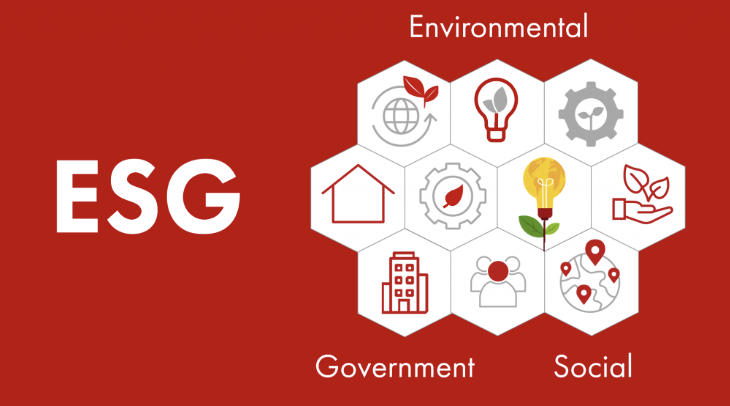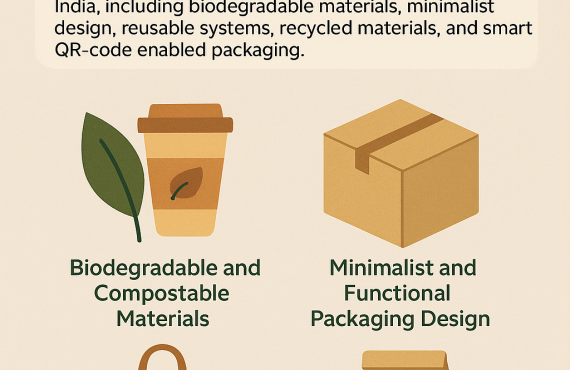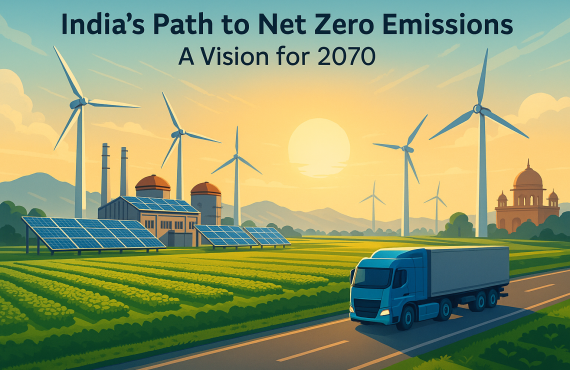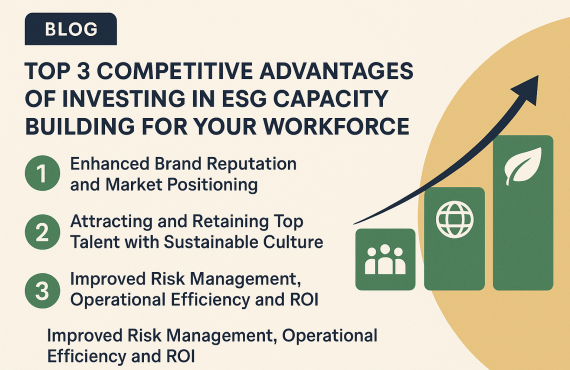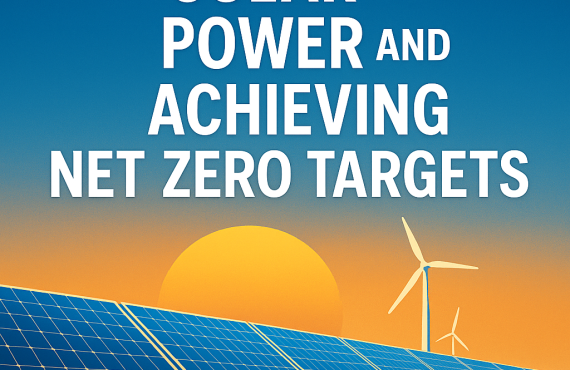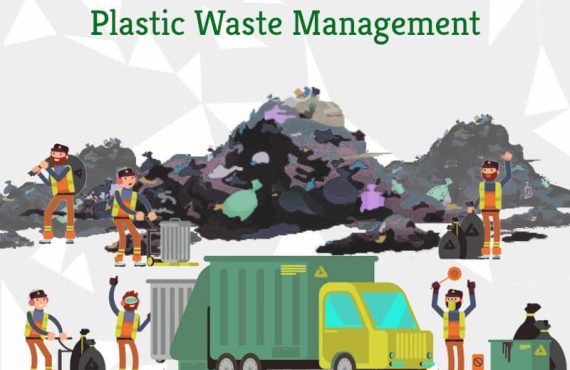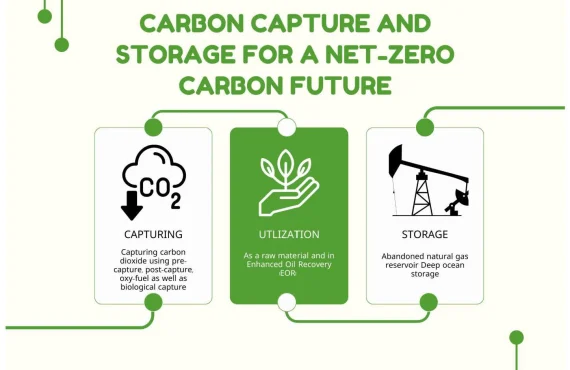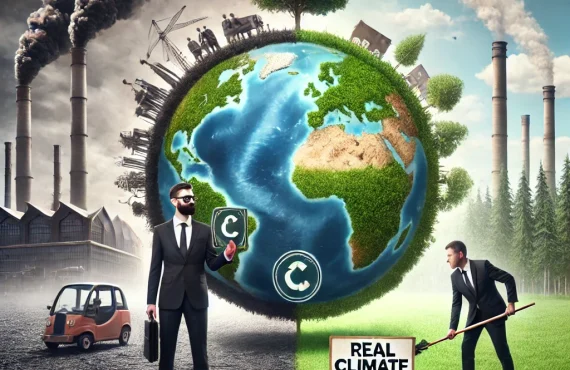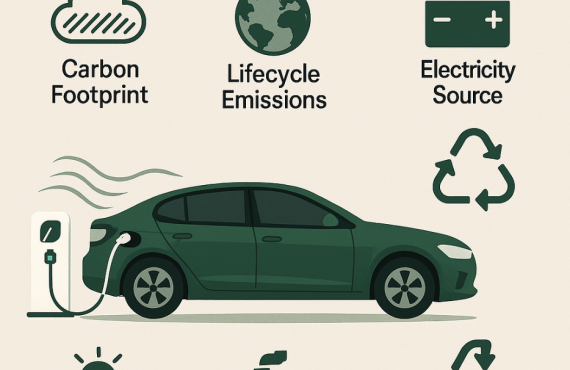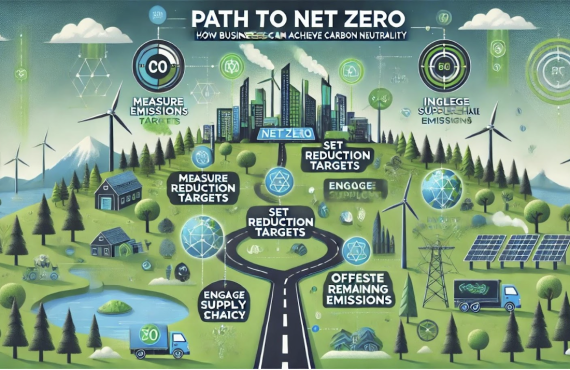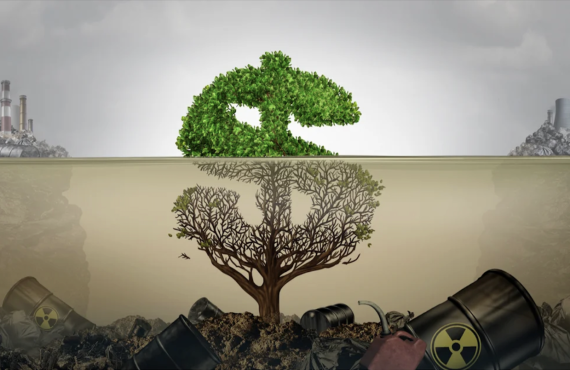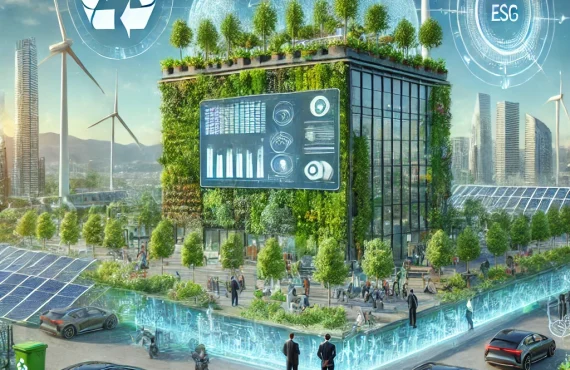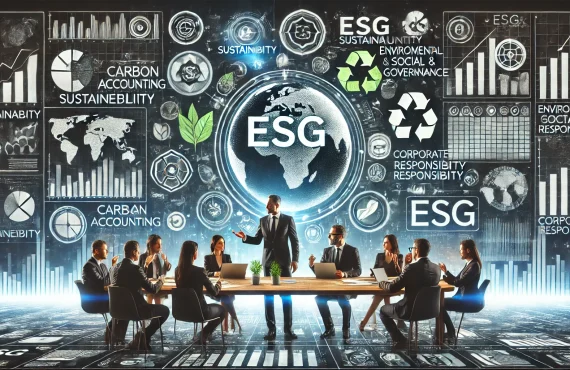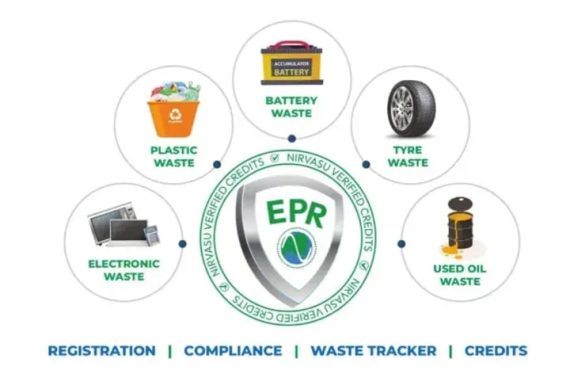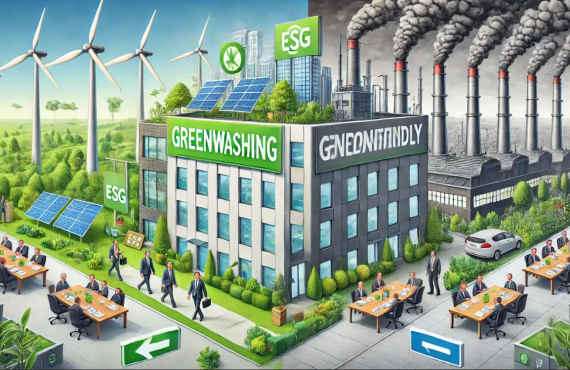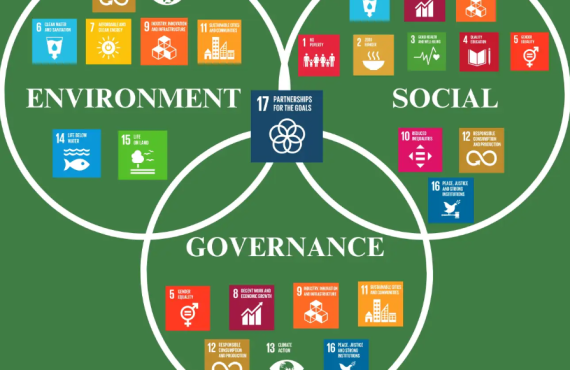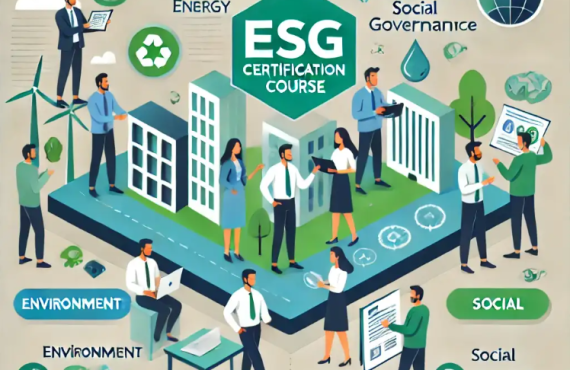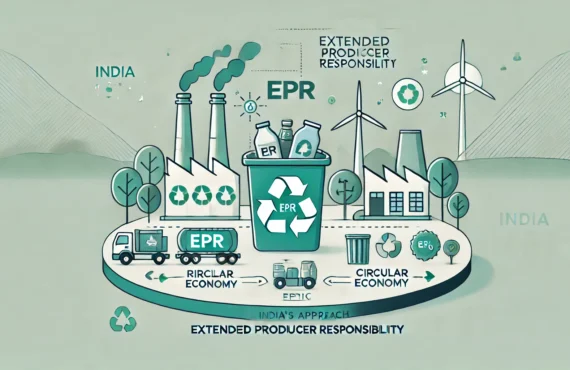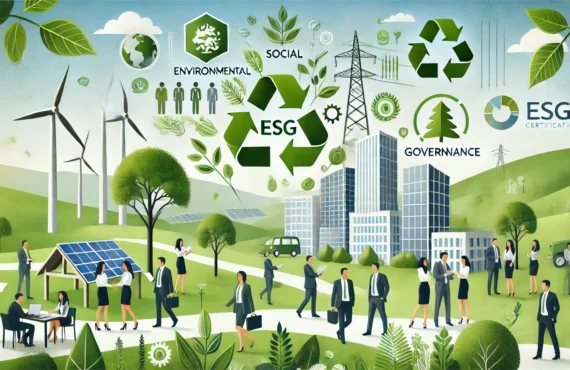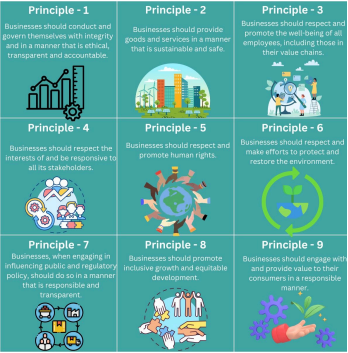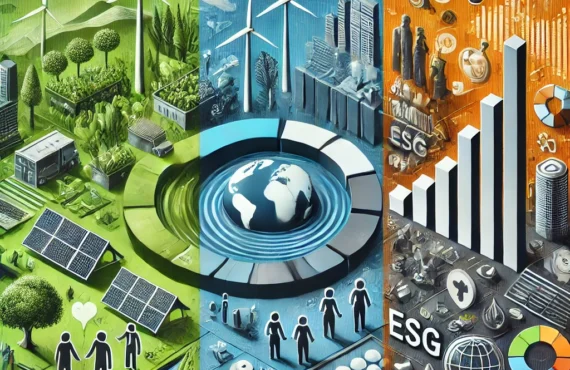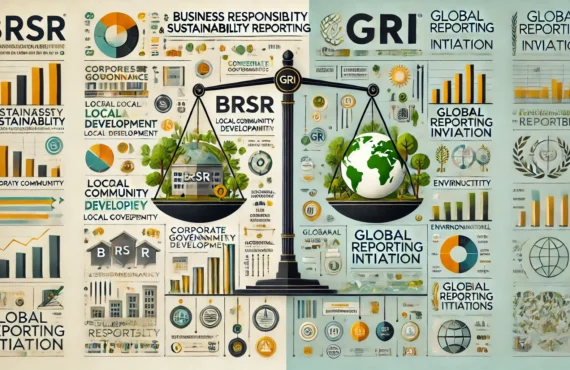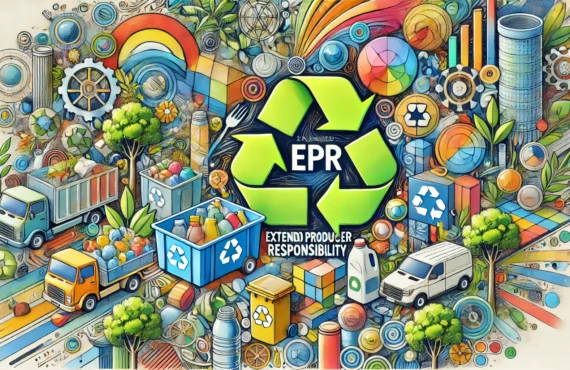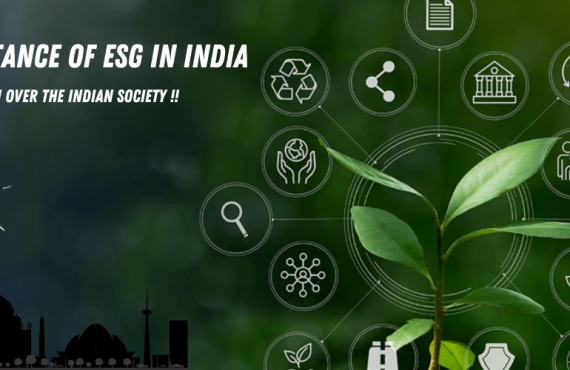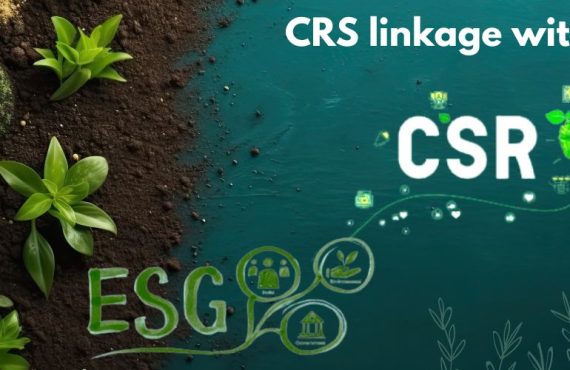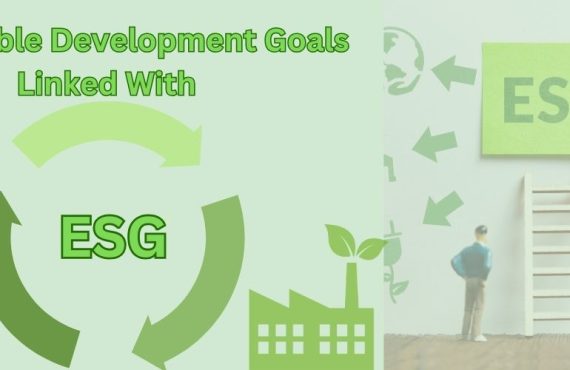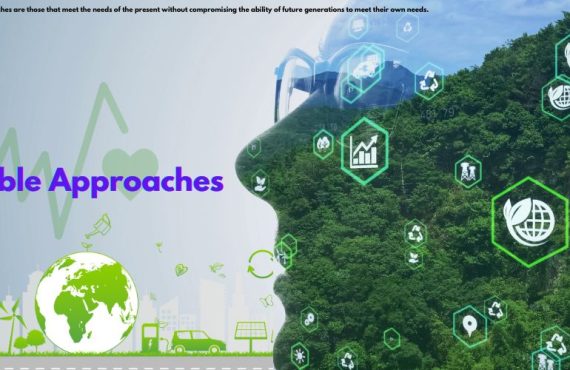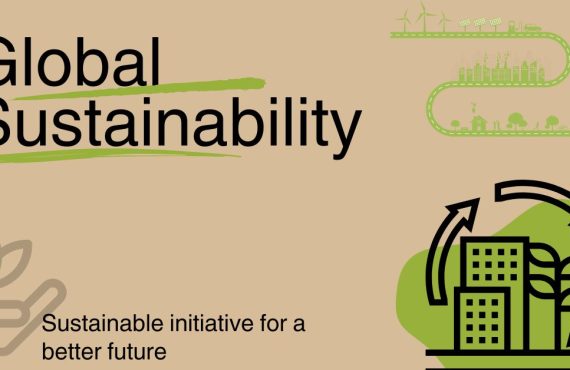Why ESG Is Not Optional Anymore: The Industrial Sector’s Role in India’s Green Goals
Introduction
In an era defined by climate urgency and stakeholder activism, Environmental, Social, and Governance (ESG) is no longer a corporate buzzword—it’s a business imperative. For India, a nation with ambitious net-zero goals by 2070, the industrial sector’s participation in ESG adoption is critical. With growing regulatory pressures and investor expectations, embracing ESG is not optional anymore—especially for industries that drive the country’s economic engine.
What Is ESG and Why Does It Matter?
ESG represents the three key pillars of sustainable business:
- Environmental – resource usage, emissions, waste, and climate action
- Social – labor practices, community impact, employee well-being
- Governance – transparency, board diversity, ethical conduct
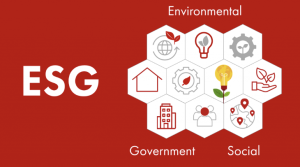
Globally, ESG frameworks help stakeholders measure how sustainably and ethically a company operates. In India, SEBI’s ESG reporting norms and frameworks like Business Responsibility and Sustainability Reporting (BRSR) are pushing companies to move from intent to action.
India’s Green Goals: The Bigger Picture
India is the world’s third-largest emitter of greenhouse gases. Yet, it has committed to:
✅ Achieving net-zero carbon emissions by 2070
✅ Reducing emissions intensity of GDP by 45% by 2030
✅ Increasing non-fossil energy capacity to 500 GW by 2030
To meet these climate commitments, industrial transformation is non-negotiable. Sectors like manufacturing, construction, cement, steel, and energy must lead the shift to low-carbon practices.
Why ESG Is Crucial for India’s Industrial Sector

1. Regulatory Push is Strengthening
India’s top 1,000 listed companies are now mandated to submit BRSR reports. Industries not in compliance risk losing investor trust and even face penalties in the future.
2. Investor Expectations Are Changing
Domestic and foreign investors are prioritizing sustainable portfolios. ESG-compliant companies attract better valuations, lower capital costs, and long-term funding opportunities.
3. Reputation Management
Industrial sectors are under increasing public scrutiny for their environmental and social footprint. ESG-driven companies gain reputational advantage, improve brand trust, and future-proof their business.
4. Operational Efficiencies and Innovation
Sustainable industrial practices—like energy efficiency, waste reduction, and circularity—lead to cost savings and process innovation, enhancing bottom-line growth.
Key ESG Trends in India’s Industrial Landscape
- Green hydrogen adoption in steel and chemical sectors
- Decarbonization roadmaps for cement and thermal industries
- ESG rating integration into business benchmarking
- AI and IoT for real-time emissions tracking
- Public-private partnerships promoting clean tech
Examples of ESG Leadership in Indian Industry
- Tata Steel has committed to a sustainable supply chain and zero effluent discharge.
- Mahindra & Mahindra became the first Indian company to set an internal carbon price.
- JSW Steel is investing in renewable energy to power its operations.
These leaders are setting the benchmark for responsible industrial growth in India.
The Road Ahead: Integrating ESG into Core Strategy
For India to succeed in its climate goals, the industrial sector must:
- Embed ESG into corporate strategy and decision-making
- Invest in green technologies and renewable energy
- Train leadership and employees on sustainability practices
- Set measurable ESG KPIs and ensure third-party audits
Conclusion
ESG is no longer a “good-to-have”—it is a must-have for the Indian industrial sector. With India on a mission to become a climate-resilient, sustainable economy, industries hold the power—and responsibility—to drive this transition. Embracing ESG today isn’t just about compliance, it’s about creating a competitive, resilient, and future-ready India.
Sources & References:
- Ministry of Environment, Forest and Climate Change (MoEFCC): https://moef.gov.in
- SEBI Circular on BRSR Reporting (2021)
- McKinsey India ESG Insights 2023
- World Economic Forum: India’s Net Zero Pathway
- KPMG India ESG Benchmark Survey
- NITI Aayog Clean Energy Transition Reports


